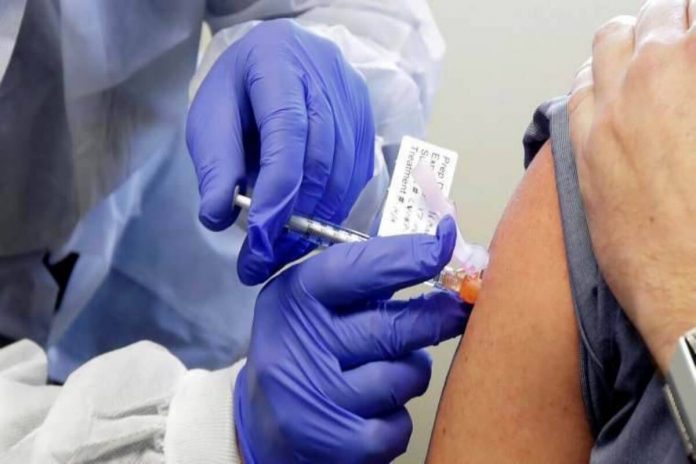Check out all you need to know about the fake Covid-19 vaccination registration SMS that has been circulating amidst Indians trying to register for the jab.
As India’s Covid 19 vaccination drive moves forward amidst the country’s second wave of new cases, new issues have surfaced. A fake SMS that claims to register users for the vaccination program is in circulation, but instead of leading to the CoWIN platform, the message takes whoever clicks on the link to a malicious page.
This then leads to a malicious app trying to install itself on the user’s phone, conveniently named ‘Vaccine Register’. The malicious app may look like an alternative to the CoWIN platform, which is currently facing various issues like bugs, server issues and lack of vaccination slots.
Check out the following tweet by cybersecurity firm ESET’s malware researcher Lukas Stefanko, who was the first to spot the malicious messages.
SMS worm impersonates Covid-19 vaccine free registration
Android SMS worm tries to spread via text messages as fake free registration for Covid-19 vaccine – targets India 🇮🇳
It can spread itself via SMS to victim contacts with link to download this malware. https://t.co/EXAAGARqOP pic.twitter.com/HX957bPVu5— Lukas Stefanko (@LukasStefanko) April 29, 2021
The message appears to be specifically targeted at Indian users who are right now registering to get vaccinated in the largest vaccination drive in the world. India recently made vaccine registrations open to all adults in the country.
What can you do?
Users need to be aware that the CoWIN platform and the Aarogya Setu app are the only two platforms that allow Indian adults to register for the Covid 19 vaccine right now.
Note that there are some third-party tools and web pages that may actually help users track vaccination slot availability in their areas. However, registration is strictly limited to CoWIN and the Aarogya Setu app.Any third party message, SMS, or eMail claiming to help with the registration process for the vaccine could be potentially dangerous. Users are requested to not click on the links on such messages and to not share and further spread such malicious messages to more people.


